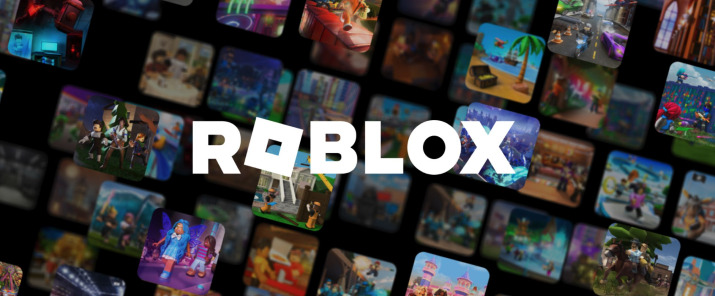
Roblox: All You Need to Create a Successful Game
Continue reading "Roblox: All You Need to Create a Successful Game"
Finding, developing, and retaining the right talent with the right skills at the right price has always been a critical objective for businesses across industries. However, in the realm of game development studios, this pursuit has become even more elusive than ever. The landscape of game development is continuously evolving, with remote work and the global talent market creating both opportunities and challenges for studios worldwide. As game development studios vie for top talent, they must navigate the complexities of talent acquisition, retention, and skill shortages while staying competitive in a rapidly changing industry.
Remote work and the rise of the global talent market have revolutionized the way game development studios operate. They now have access to a vast pool of potential talent from around the world. Simultaneously, employees in the gaming industry have abundant employment opportunities and low switching costs, allowing them to explore various projects and studios. To address these dynamics, outsourcing has emerged as a viable solution to tap into specialized expertise and enhance overall efficiency.
Post-COVID-19, the talent pool became more globally accessible, enabling game development studios to cast a wider net when acquiring talent. According to Deloitte Consulting LLP, 53% of executives reported increased staff levels over the past two years to align with their strategic organizational priorities. The pandemic accelerated the adoption of remote work, encouraging talent to seek opportunities beyond their local geography. In response, game development studios have started exploring talent from diverse locations to bolster their creative teams and inject fresh perspectives into their projects.

While access to a global talent pool is advantageous, it also intensifies competition and creates a revolving door of talent. One in two executives identifies acquiring talent as a top internal challenge, highlighting the fierce talent race in the game development industry. Moreover, nearly two-thirds of executives express concerns about their organization's ability to retain employees effectively. As the gaming landscape becomes more competitive, studios must focus on nurturing a culture that fosters talent development and encourages employee loyalty.
The Deloitte Global Outsourcing Survey 2022 reveals that talent acquisition remains a significant challenge for development studios, with 50% of respondents ranking it as a top internal challenge in meeting strategic priorities. Additionally, 56% of executives feel that their organizations lack the right mechanisms to retain employees successfully. To address these concerns, studios are evolving their sourcing ecosystems by incorporating external providers into their workforce planning and talent acquisition strategies. A remarkable 87% of studios now consider external workers as part of their workforce, signaling the industry's shift towards a more agile and flexible approach to talent management.

In response to the skills shortages predominantly seen in cybersecurity, AI/Machine Learning (ML), and data science, game development studios are exploring innovative ways to meet their needs. Next-generation technology skill shortages, including advanced cybersecurity, data science, ML, and Infrastructure-as-code, pose significant challenges for executives in the gaming industry. However, only half of those surveyed feel adequately prepared to tackle these skill gaps, underscoring the urgency for finding viable solutions.
To overcome these challenges, game development studios are increasingly turning to service providers to access specialized skills and services. This trend has given rise to Operate Services, highly collaborative and outcome-based approaches that address skill gaps in critical growth functions. For instance, foundry services and analytics-as-service have become essential components in managing an integrated workforce as one team, enabled by Artificial Intelligence (AI).
Game development studios face unique challenges in finding, developing, and keeping the right talent with the right skills. The game development industry's global talent market and remote work opportunities present exciting prospects but also heightened competition. To succeed in this dynamic environment, studios must leverage outsourcing and embrace an ecosystem view incorporating external talent into their operations. By tapping into specialized expertise and optimizing workforce management with AI-powered solutions, game development studios can overcome skill shortages, stay competitive, and drive innovation in the ever-evolving gaming world.